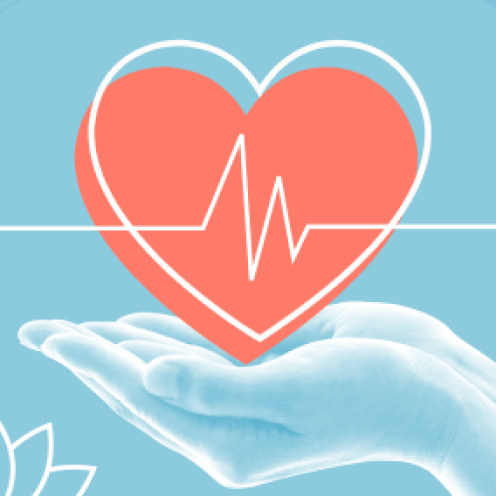Protein may be a wellness buzzword, but longevity expert Dan Buettner has said the trend won’t actually help you live longer.
Buettner, a researcher and co-producer of the award-winning documentary series Live to 100: Secrets of the Blue Zones, claims that diets that contains less protein may extend life expectancy.
In a new video shared on TikTok, Buettner pointed to figures from the Centre for Disease Control and Prevention (CDC) that show Americans eat much more protein than the recommended daily intake.
The UK is in a similar situation. According to the British Nutrition Foundation, Britons eat more protein than the recommended 56g per day for men and 45g per day for women. According to a national poll, nearly half of adults in the UK have increased their protein intake in the past year, rising to two thirds of those aged 16 to 34.
Additionally, data from Ocado released in March revealed demand for high-protein foods has soared, with searches more than doubling (+105%) since last year.
Over the past year, protein has become a major health and wellbeing trend as more people look for ways to improve their diets and get healthier. Protein shakes, powders and bars along with increased-protein meals and other such products have filled supermarket shelves, while fitness influencers and gym enthusiasts wax lyrical about the nutrient’s benefits.
But Buettner, who recently met with King Charles III alongside other health experts at Windsor Castle, said that people should actually be eating less.
“This will shock you,” he said in his latest video. “Low-protein diets actually help you live longer, especially when you’re young and middle life.”
Acknowledging the protein trend, he continued: “There’s a protein craze going on right now. The average American consumes about two-and-a-half times more protein than they should, according to the CDC.
“When we get older, we need more protein, but what new research is showing very clearly in middle age, low protein diet.
“What does that mean? That means about 3g for every 10 pounds. So for a 200-pound person [14 stone 4lb or 90.9kg], you should be shooting for about 60g of protein a day and the type of protein you should be seeking is plant-based protein. We’ll see you when you’re 100.”
Buettner may be referring to a 2014 study published in the journal Cell Metabolism that found that high protein intake in under-65s is linked to increased risk of cancer, diabetes and overall mortality.
This was linked to high IGF-1 hormone levels as a result of eating large amounts of protein. This hormone plays an important role in childhood growth, but high levels of it are associated with increased risk of cancer.
That being said, the study found that eating more protein in older age may have a protective effect – this could be because the body produces the lowest levels of IGF-1 in old age.
The study also suggested that plant-derived proteins are associated with lower mortality than animal-derived proteins
Beans and legumes are a great source of plant-based protein and can be easily incorporated into your diet. (Getty Images)
Why are plant-based proteins important?
Plant-derived proteins are associated with lower mortality than animal-derived proteins, as the former may play a role in lowering cancer incidence and/or progression.
A more recent study highlights the importance of plant-based proteins when it comes to healthy ageing. The prospective Nurses’ Health Study, involving 48,762 female participants under the age of 60, found that protein intake, especially plant protein, in midlife is associated with higher odds of healthy ageing.
The 2024 study revealed that participants had 35% higher chances of healthy ageing when they ate 10g of protein more a day in midlife, equivalent to roughly one serving of pasta or a small serving of beans.
While all protein has benefits, animal protein provides more calories via saturated fat and cholesterol – so eating too much of it can contribute to significant weight gain, leading to obesity and cardiovascular disease.
Walter Willett, professor of epidemiology and nutrition at Harvard TH Chan School of Public Health, told the BBC’s Science Focus magazine: “While there’s no definite link between overall protein intake and risk of death, greater intake of animal protein is associated with a higher risk of death. And plant protein is associated with a lower risk.”
Plant-based foods with high levels of protein include:
-
Beans and legumes (kidney beans, black beans, white beans, fava beans)
-
Nuts and seeds (almonds, pistachios, hemp seeds, and chia seeds)
-
Soy-based products like tofu and tempeh, or edamame (young soybeans)
-
Cruciferous vegetables (broccoli, Brussels sprouts)
Read more about food and nutrition:







